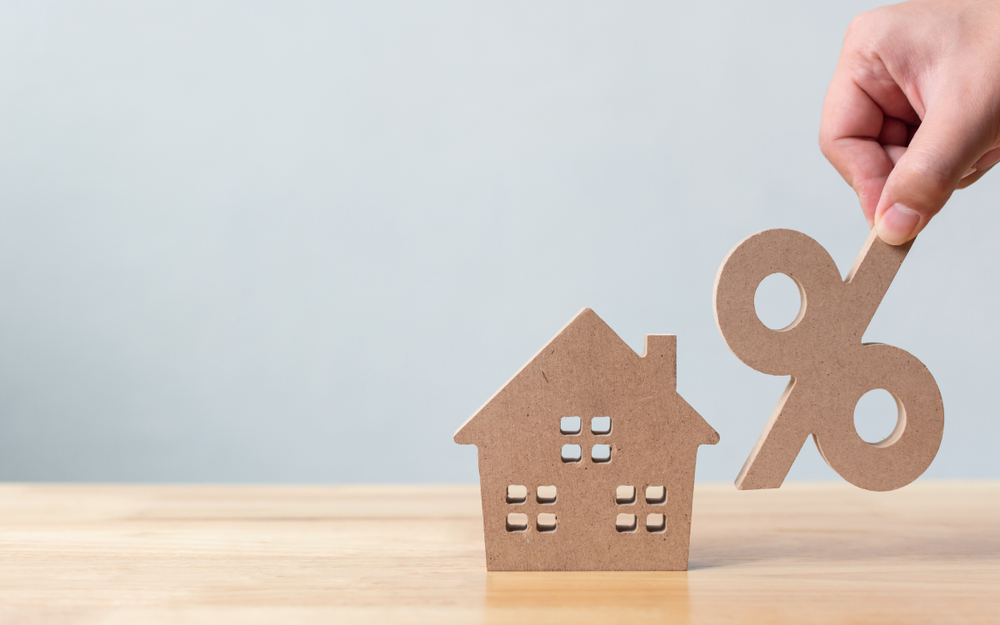What is the “welcome tax”?
Buying a house can be stressful. Not to mention that you also have to think about the welcome tax and other transaction-related taxes. Here is a small guide to the taxes that must be paid when you buy and own a house.

Welcome tax
The mere mention of this name is enough to make you cringe. Officially known as the “property transfer tax”, the welcome tax is payable as soon as you buy a new property.
How do you calculate this tax?
The amount of transfer tax varies depending on the value of the property. And if you live in Montreal, the applicable rates are different.
The basis of imposition, usually the purchase price, is used to calculate the tax. However, the property’s market value is used as the basis of imposition when it is greater than the purchase price.
Except for Montreal, real estate transfer taxes are calculated throughout the province as follows:
- The applicable rate is 0.5% for the first $50,000.
- Between $50,000 and $250,000, the rate increases to 1.0%.
- The rate then increases to 1.5% for the portion exceeding $250,000.
However, two additional price brackets are added for Montreal properties:
- For the portion between $500,000 and $1,000,000, the rate is 2%.
- The rate increases to 2.5% for the portion over $1,000,000.
Is it possible to avoid paying the welcome tax?
Generally, no. However, there are some exceptions:
- Ownership can be transferred from one spouse to another. In the case of divorce, it is important that the transfer takes place before the divorce is finalized.
- Ownership can be transferred from one generation to the next within a family, such as between a mother and daughter or a grandfather and grandson. The transfer can also be exempt from transfer taxes if it takes place in the other direction as well.
- If the property’s value is less than $5,000.
It is always advisable to discuss your situation with a notary to ensure that everything is in compliance.
Property taxes (municipal and school)
School taxes are used to fund the management of the school system in your area, including building maintenance. You will receive a bill from your local school service center each year in June. You can pay the amount in one lump sum or make two payments if the bill is over $300.
How is school tax calculated? A single rate applies throughout Quebec: 10.54 cents per $100 of property assessment. You are entitled to an exemption for the first $25,000 of your property value.
Municipal taxes are calculated based on the property assessment of the municipality where you live. The rate is set by the municipality and can therefore vary greatly from one place to another.
The property assessment is the value of your property as estimated by your municipality. This assessment is revised every three years. If the value of your property increases, you can expect to pay a higher amount of municipal taxes.
However, municipalities often adjust their tax rates to mitigate the increase in property assessments if it is too significant. This approach protects homeowners from excessive tax increases during periods of rapid home price appreciation.
Sales taxes
The Goods and Services Tax (GST) and Quebec Sales Tax (QST) do not apply to transactions on the resale market. Therefore, if you purchase a home that has already been lived in, you do not pay taxes.
However, if you purchase a new home, you must expect to pay these two taxes at the time of purchase.
Consult a real estate broker!
To reduce your stress and plan for the amounts you will have to pay, consult a real estate broker. They are qualified to guide you through every step of buying or selling a home.
See also:
Buying a property: the importance of a good credit score
Expenses to Consider When Buying a Property
The HBP, a tool to increase the down payment of a first property
 The Largest Number of Homes for Sale
The Largest Number of Homes for Sale




